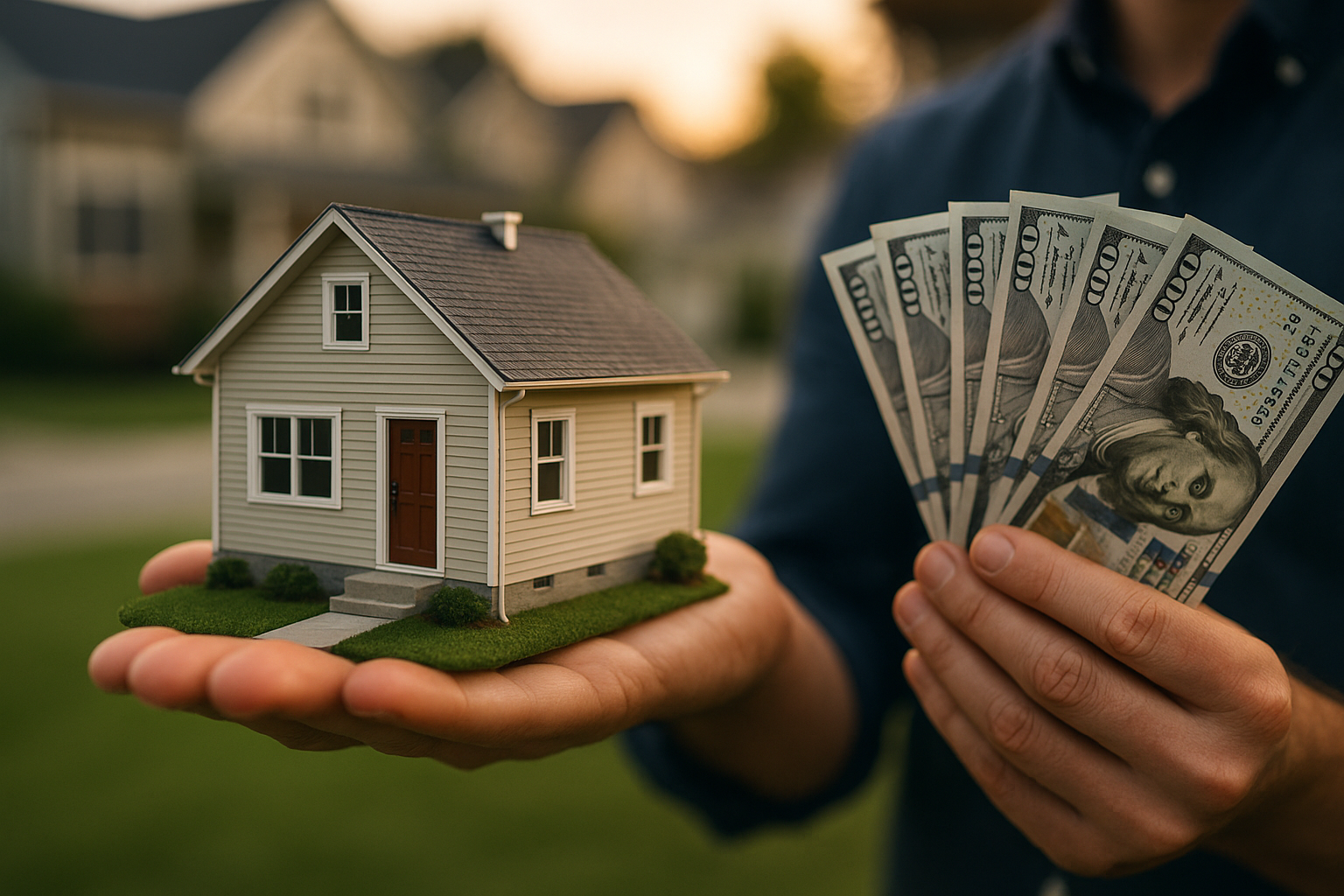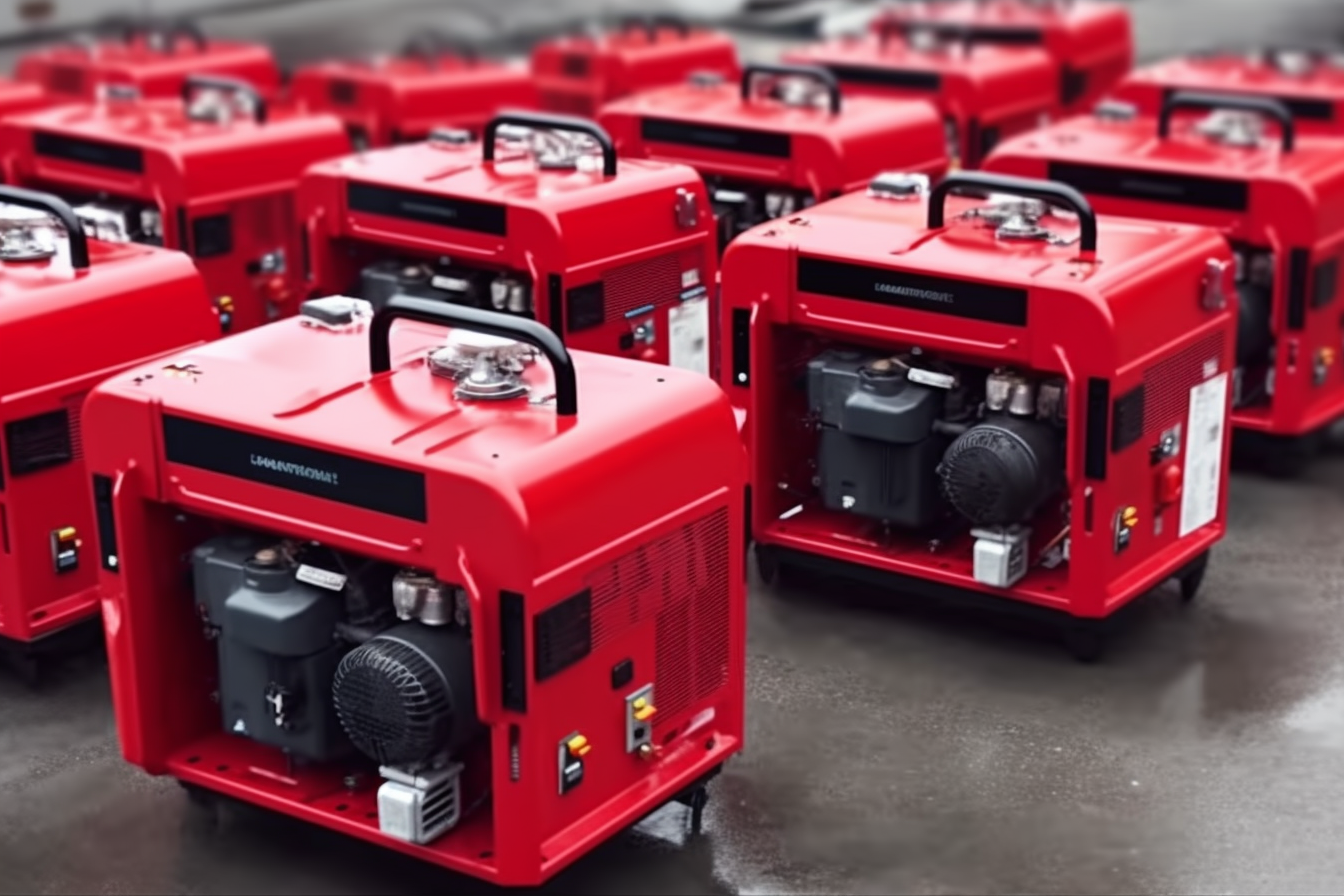Foreclosed Homes: Finding Affordable Investment Opportunities in a Rising Market
Foreclosed homes represent a significant opportunity for homebuyers and investors looking to purchase property below market value. These properties, repossessed by lenders after borrowers default on mortgage payments, often sell at discounted prices to recover outstanding loan balances. With economic fluctuations creating both challenges and opportunities in the housing market, understanding the foreclosure landscape has become increasingly important for prospective buyers seeking affordable housing options or investment properties.

What Are Foreclosed Homes and How Does the Process Work?
Foreclosed homes are properties that lenders have repossessed after owners failed to meet mortgage obligations. The foreclosure process typically begins when a homeowner misses several mortgage payments. After multiple warnings and legal notices, the lender can initiate foreclosure proceedings to recover the outstanding loan amount by selling the property. This process varies by jurisdiction but generally includes a notice of default, a redemption period where the owner can catch up on payments, and eventually a foreclosure sale or auction.
In South Africa, the foreclosure process is governed by specific legal frameworks that protect both lenders and borrowers. Banks must follow court procedures before repossessing a property, including obtaining a court order and providing reasonable notice to the homeowner. This system ensures transparency while creating an organized marketplace for foreclosed properties.
Why Are Foreclosed Homes Often Priced Below Market Value?
Foreclosed homes typically sell for less than comparable properties for several compelling reasons. First, lenders are primarily interested in recovering the outstanding loan amount rather than maximizing profit. Their main goal is to quickly recoup their losses, which often results in competitive pricing. Second, many foreclosed properties require repairs or renovations after periods of neglect, justifying the lower price point.
Additionally, foreclosed homes are generally sold “as-is,” meaning the buyer assumes responsibility for any existing issues or damages. This lack of warranty or contingencies contributes to the discounted price but also creates potential for significant equity gains when the property is restored to good condition. For buyers willing to invest time and resources in renovations, this price gap represents a valuable opportunity.
Where Can You Find Reliable Foreclosed Homes Listings in Your Area?
Finding foreclosed homes in your local area requires knowing where to look. Several reliable resources exist for locating these properties:
-
Bank websites: Many financial institutions maintain dedicated sections on their websites listing their foreclosed property inventory.
-
Property auction websites: Online platforms specializing in foreclosure auctions provide comprehensive listings with detailed property information.
-
Real estate agencies: Specialized realtors often work directly with banks to sell foreclosed properties and can provide access to listings not widely advertised.
-
Government agencies: In South Africa, entities like the Sheriff of the Court sometimes publish notices of upcoming foreclosure sales.
-
Property listing websites: Mainstream property portals frequently include foreclosed homes among their listings, often with special search filters.
For the most current and comprehensive results, using a combination of these resources is recommended, as foreclosure inventories can change rapidly as economic conditions evolve.
What Risks and Challenges Come with Buying Foreclosed Homes?
While foreclosed properties offer attractive pricing, they come with unique challenges buyers should understand. One significant risk is the potential for hidden damage or deferred maintenance issues. Since many foreclosed homes are sold without detailed disclosures or inspections, buyers may discover costly problems after purchase. Additionally, some properties may have title issues, outstanding liens, or occupancy complications that must be resolved.
The competitive nature of foreclosure sales presents another challenge. As awareness of foreclosure opportunities has grown, more buyers are entering this market, potentially leading to bidding wars that can erode the price advantage. Furthermore, financing foreclosed properties can be more complex than traditional home purchases, with some lenders requiring larger down payments or charging higher interest rates.
How Has the Market for Foreclosed Homes Changed in Recent Years?
The foreclosed homes market has undergone significant transformations recently, reflecting broader economic trends. Following the global financial crisis of 2008-2009, foreclosure inventories were substantial. However, in recent years, improved lending standards and stronger economic conditions had reduced foreclosure rates in many regions, including South Africa.
The COVID-19 pandemic initially created concerns about a potential surge in foreclosures due to widespread financial hardship. However, government interventions, including temporary foreclosure moratoriums and financial assistance programs, helped mitigate this impact. As these protections expire, some markets are experiencing a gradual increase in foreclosure activities, though not at the levels seen during previous economic downturns.
In South Africa specifically, economic challenges combined with rising interest rates have contributed to a noticeable uptick in foreclosure listings in certain areas, creating new opportunities for prepared buyers. Urban centers and previously rapidly appreciating neighborhoods have seen the most significant increases in foreclosure activity.
What Are the Current Price Trends for Foreclosed Properties?
Foreclosed property pricing varies significantly based on location, property condition, and local market dynamics. Understanding these variations can help buyers identify the most promising opportunities.
| Property Type | Average Discount (%) | Typical Condition | Average Time on Market |
|---|---|---|---|
| Single-Family Homes | 15-25% | Fair to Poor | 45-60 days |
| Apartments/Flats | 10-20% | Fair | 30-45 days |
| Luxury Properties | 20-35% | Variable | 60-90 days |
| Commercial Properties | 25-40% | Poor to Fair | 90-120 days |
Prices, rates, or cost estimates mentioned in this article are based on the latest available information but may change over time. Independent research is advised before making financial decisions.
The discount percentages represent typical differentials between foreclosed properties and similar non-distressed homes in the same areas. These figures can fluctuate based on market conditions, with more significant discounts typically available in areas with higher foreclosure concentrations. While luxury properties often show the largest percentage discounts, they may still require substantial absolute investment for renovations.
Regional variations also impact pricing. Coastal and metropolitan areas typically show smaller discounts due to higher baseline property values and stronger demand, while rural areas and economically challenged regions may offer steeper discounts but potentially slower appreciation.
Conclusion
Foreclosed homes represent a potentially valuable opportunity for buyers seeking below-market properties, whether for personal residence or investment purposes. While these properties offer significant cost advantages, they also come with unique challenges that require careful consideration, thorough research, and sometimes specialized expertise. As market conditions continue to evolve, staying informed about local foreclosure trends and working with experienced professionals can help buyers navigate this distinctive segment of the real estate market successfully.




